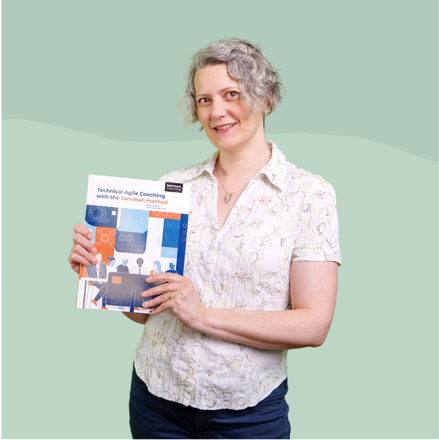No Results Found
The page you requested could not be found. Try refining your search, or use the navigation above to locate the post.
The page you requested could not be found. Try refining your search, or use the navigation above to locate the post.

Hi – I´m Emily!
I am a consultant with Bache Consulting and chair of the Samman Technical Coaching Society. As a technical coach I work with software development organizations who want to get better at technical practices like Test-Driven Development, Refactoring and Incremental Design. I also write books and publish videos. I live in Gothenburg, Sweden, although I am originally from the UK.

If you’re enjoying the insights shared here on the blog, you might enjoy my training too.
“Technical Agile Coaching with the Samman Method” offers a practical guide to improving how developers collaborate and write code. You’ll learn hands-on techniques for Test-Driven Development, Refactoring, and effective team coaching.
To learn more about the book, just click the link below.
Blog categories